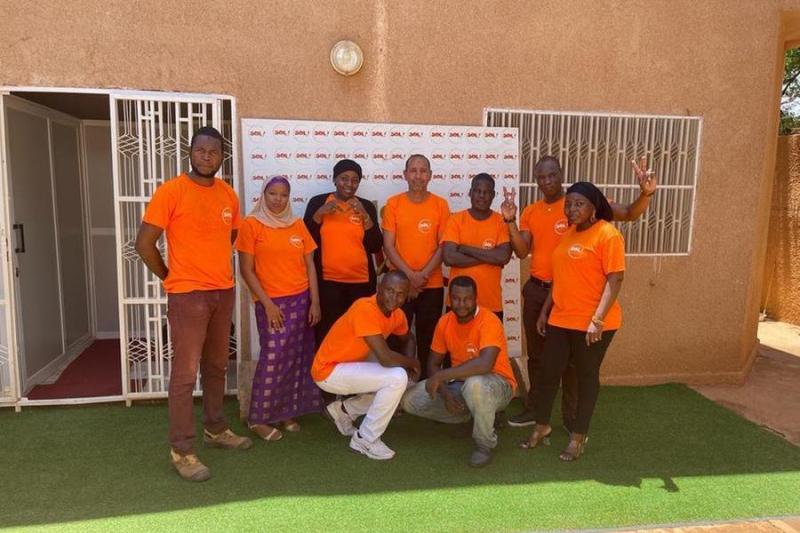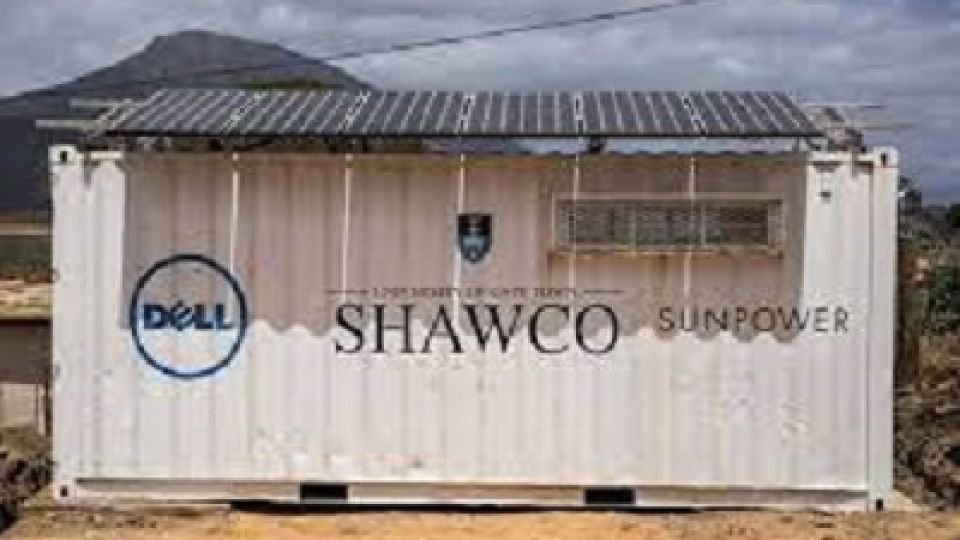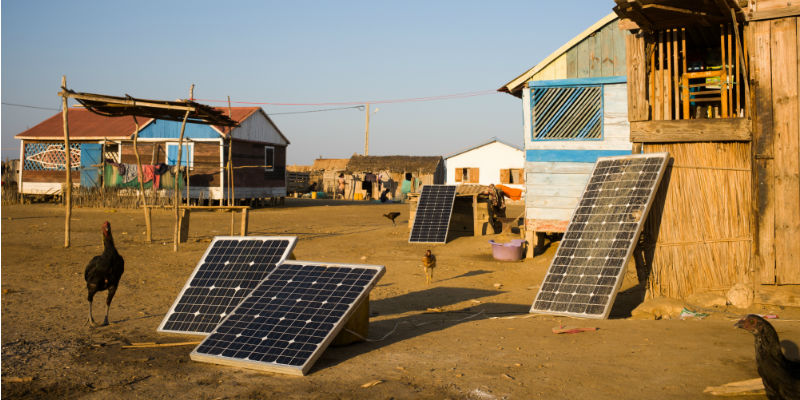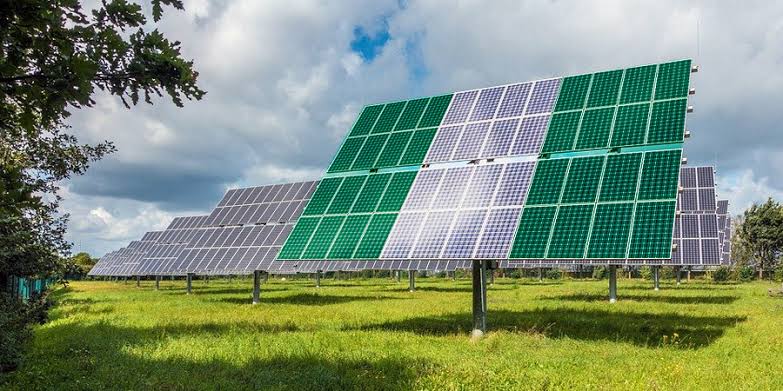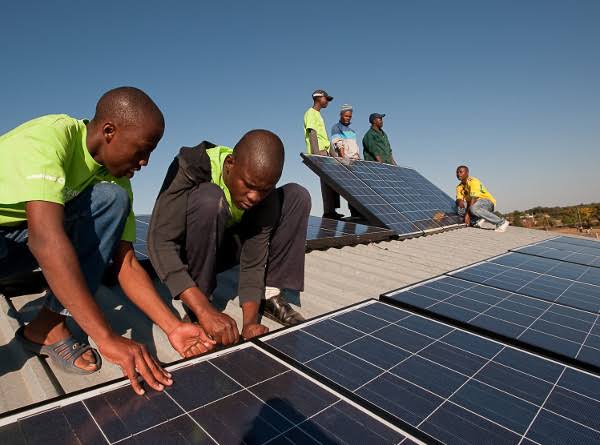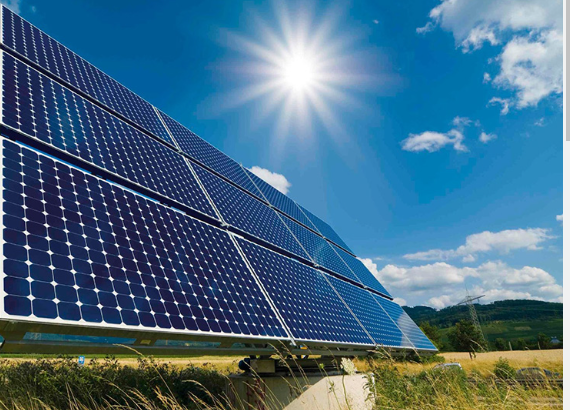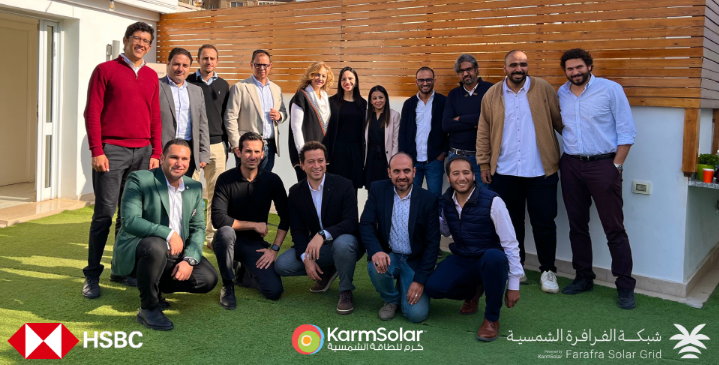A strategic partnership has been established between Orange Energies, the energy business section of the global telecom operator Orange, and d.light, the global provider of transformations, to promote and market d.light solar home products and systems in 11 African countries.
For the past decade and 7 years, d.light products have transformed more than 172 million lives across 70 countries. They envision a brighter future where all people are empowered to enjoy the quality of life that comes with access to affordable and sustainable products.
Household products and affordable finance for low-income households have partnered with global telecom operator Orange business unit to open up access to d.light’s range of low-cost solar products for customers in African countries.
Read also: d.light’s Solar secures N10bn financing for Nigerian markets
Through the Orange Smart Energies platform, orange consumers can purchase d.light solar-powered devices, such as portable solar torches, TVs, fans, solar inverters, and home systems.
The partnership agreement is already running in Ivory Coast, where Orange has thirty million customers, Cameroon, Liberia, Sierra Leone, Madagascar, and the Democratic Republic of Congo (DRC). The expansion will spread through five African countries in which Orange operates – Senegal, Mali, Burkina Faso, Guinea, and the Central African Republic (CAR).
Orange’s stores, partner retail locations, and sales representatives carry d.light items. Consumers can make purchases utilising “Pay As You Go” (PAYG) by using the Orange Money service to make payments.
Mobile Operators’ Key to Expand Off-Grid Solar Access
Based on the agreement, Nick Imudia, CEO of d.light, commented that Mobile operators are natural partners for off-grid solar providers like d.light as they have the scale and the resources to reach rural communities in remote locations that are not connected to the energy grid. Furthermore, Orange Money and other operator billing-based mobile money systems allow low-income people to pay for solar equipment when and when they can. People can use straightforward mobile prepayment to obtain reasonably priced sustainable solar energy options.
In addition, according to the International Energy Agency, in 2022, 600 million people in Africa were without access to electricity. The impacts of the global pandemic and the international energy crisis combined to slow down and obstruct the progress made in recent years to improve electricity access across the continent.
Read also: Solar Pay-go Scaleups Get Large Share Of Debt Financing
d.light Goals: Closing the Energy gap in Africa
There is still much work to do to extend the availability of reliable, affordable electricity to low-income households and off-grid communities in Africa so that many more people can benefit from the improved living standards, opportunities and economic development that it enables.
d.light organisation is taking advantage of its two areas of competence, inexpensive personal financing and high-quality solar goods, to significantly impact the Sub-Saharan African market through d.light’s cooperation with Orange. Having access to clean, safe solar energy by 2030 would enable d.light to better the lives of over a billion people worldwide.
